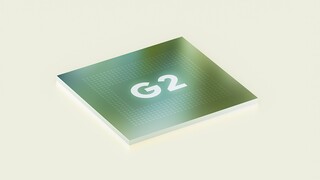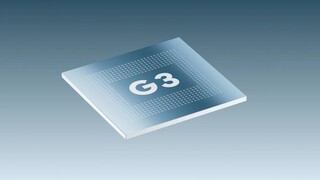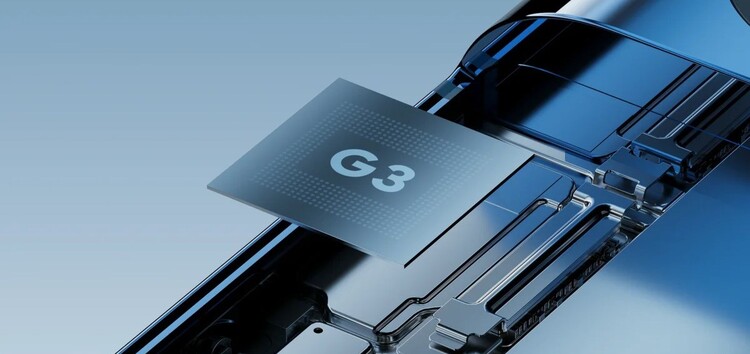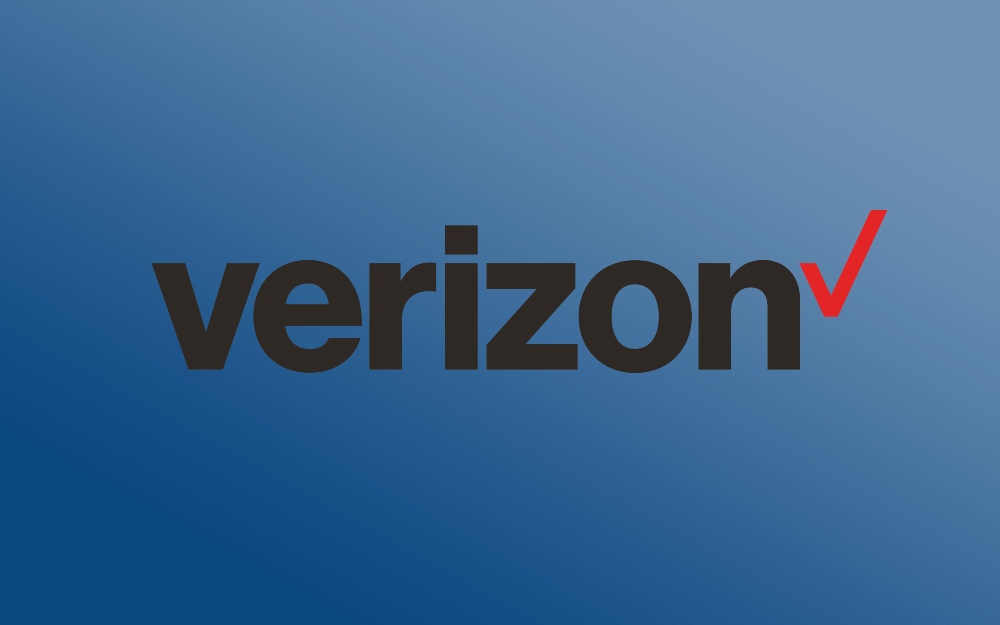Tensor G3 is Google’s latest custom chipset, currently powering their Pixel 8 and Pixel 8 Pro. The SoC brings a number of improvements and optimizations that make it more powerful and efficient than previous generations, although the company put a special focus on AI processing.
However, Tensor G3 also appears to be the company’s first chipset to support only 64-bit apps, leaving the old 32-bit apps behind once and for all. If you want to know what this means, read on.
Google Pixel 8’s Tensor G3 reportedly the first 64-bit only Android chipset
In 2022, Google announced the Tensor G2 as its second custom chipset. Something interesting is that, at the time, the company claimed that the Pixel 7 series were the first 64-bit-only Android smartphones. That is, theoretically, the hardware completely ‘ruled out’ support for 32-bit code.

That said, it was later discovered that the Tensor G2 was still hardware-compatible with 32-bit apps. Basically, Google had disabled 32-bit code support in the Pixel 7 series firmware, but this could be re-enabled through a process that involved gaining root access.
But, the case of their latest chipset seems to be different, according to ‘Tech & Leaks Zone‘. Now, Google has reportedly disabled support for 32-bit apps at the hardware level on the Tensor G3, making both the Pixel 8 series and any other future devices that use that chipset support only 64-bit apps.
A summary of 64-bit support in Android
Support for 64-bit apps on Android arrived years ago with Android 5.0 Lollipop. That same year, Google announced that, starting in 2019, app developers would have to offer both 32-bit and 64-bit versions. This was a new requirement for those who wanted to distribute their apps through the Play Store, the main Android app store.
This way, the company sought to begin to increase the presence of 64-bit apps on Android, with a view to a future without 32-bit apps. Now, it seems that this future has finally arrived, and it is Google who (on Android) first launches hardware that supports only 64-bit apps. This will likely generate a ‘snowball’ effect on other OEMs and chipset suppliers, helping to drive the ‘extinction’ of 32-bit apps.
This year, iOS 17 arrived as Apple’s latest mobile OS, offering support for only 64-bit apps. This brought some problems for developers who had not yet ported their apps properly to 64-bit, such as RobTop Games, whose popular game Geometry Dash became unusable on updated iPhones.
Why hadn’t the change happened before?
Some of you are probably wondering why companies are now looking to push 64-bit as the new standard going forward. Basically, 64-bit software offers better performance and security compared to 32-bit versions. However, the change could not be made all at once due to the large amount of existing software intended for 32-bit architectures.
It’s noteworthy that 64-bit software also requires hardware that supports it, since 32-bit hardware is unable to run it. On the other hand, 32-bit software can run on both 32-bit and 64-bit hardware, making it more universal. This probably caused many developers to stick with 32-bit apps for a long time, as they would still be supported on any hardware.

However, recent moves by companies such as Apple and Google seek to change this situation by removing support for 32-bit apps ‘cold turkey’ at the hardware level as well. This will surely prompt more developers to adapt their apps to the latest standards once and for all.
64-bit vs 32-bit app: what are the improvements?
Although 32-bit software could usually run on 64-bit hardware as well, it did not do so in the most efficient way. For this type of hardware, 64-bit software will always offer better performance since they have access to more registers and instructions. Additionally, according to the report’s source, dropping 32-bit app support will permanently free up to 150 MB of RAM for the OS.
Another advantage of 64-bit apps is that they are more resistant to potential attacks or vulnerability exploits. In addition, 64-bit only hardware (like the Tensor G3) reduces CTS testing (Compatibility Test Suite) time, helping users receive OS updates faster. Therefore, everything seems to be advantages with the definitive adoption of 64-bit.
We will have to wait and see if other mobile hardware vendors follow suit. According to leaker Kamila Wojciechowska, the future Qualcomm Snapdragon 8 Gen 3 chipset will also rule out support for 32-bit apps at the hardware level. Also, leaks related to the MediaTek Dimensity 9300 chipset suggest that they will follow a similar direction.
Therefore, everything points to the near future being totally dominated by 64-bit software. The major companies seem to have determined that the state of the industry is mature enough to make this leap, as even current most low-end and budget mid-range hardware offers support for 64-bit code.
PiunikaWeb started as purely an investigative tech journalism website with main focus on ‘breaking’ or ‘exclusive’ news. In no time, our stories got picked up by the likes of Forbes, Foxnews, Gizmodo, TechCrunch, Engadget, The Verge, Macrumors, and many others. Want to know more about us? Head here.



